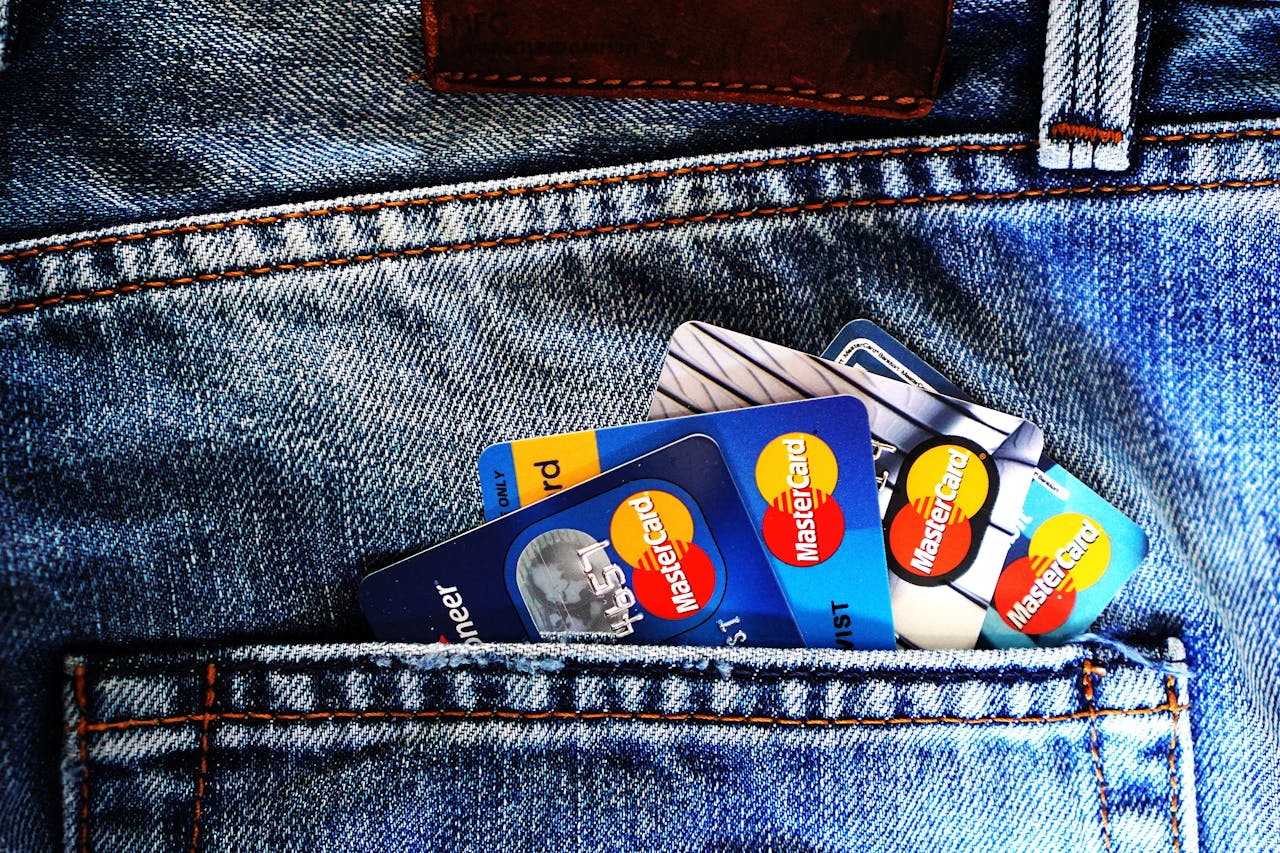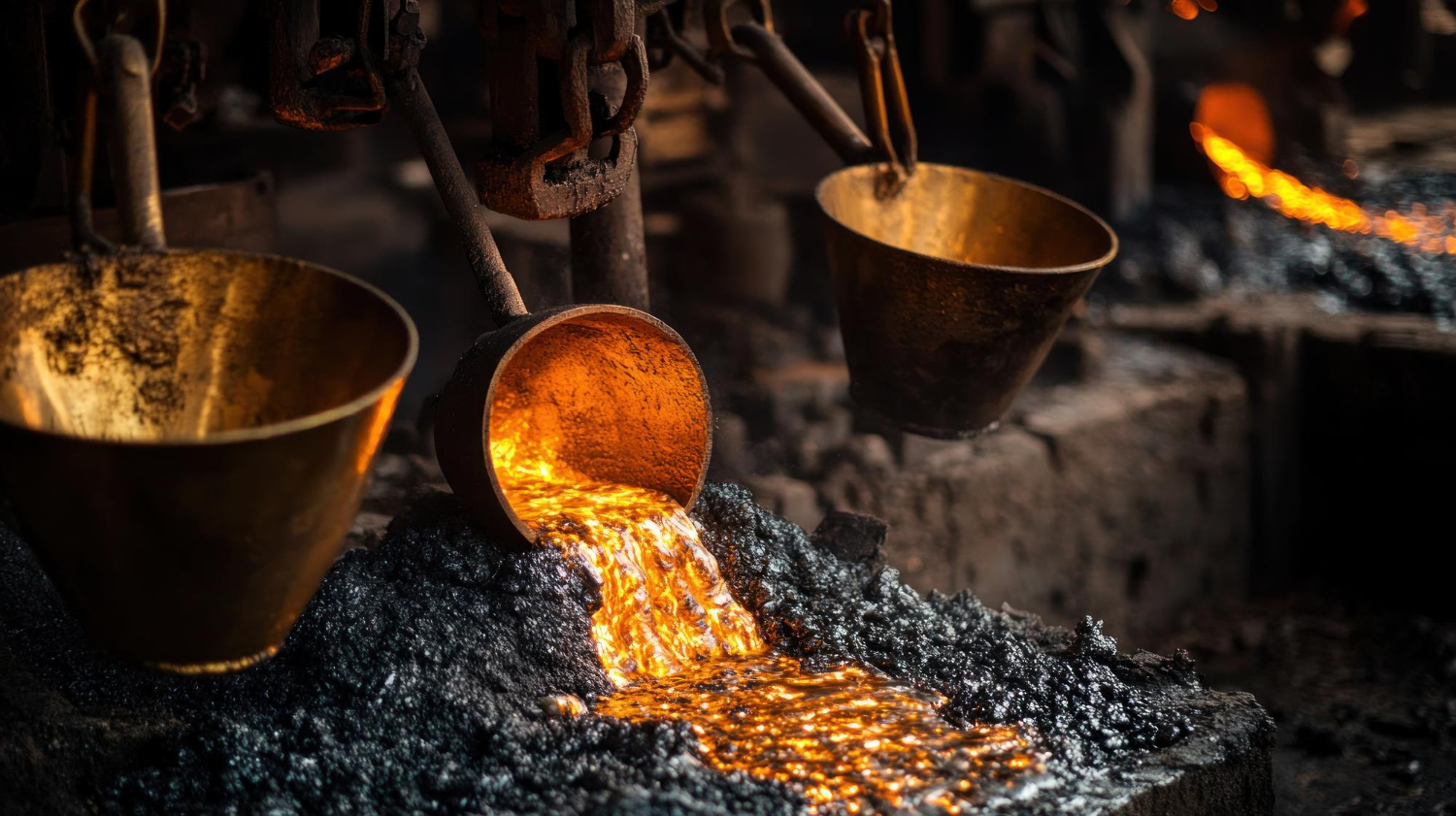Ever wondered if flint and steel could oxidize copper? It’s a question that sparks curiosity among hobbyists and science enthusiasts alike.
In this blog post, we’ll explore the intriguing possibility of using flint and steel to oxidize copper. You’ll learn about oxidation, how flint and steel work, and whether they can indeed oxidize copper. Let’s dive into the science!
What is Oxidation?
Oxidation is a chemical reaction involving the transfer of electrons, typically resulting in a substance gaining oxygen. This process significantly affects metals, especially copper, leading to the formation of a patina—a greenish layer often seen on aged copper surfaces.
How Oxidation Affects Metals
Oxidation changes the physical and chemical properties of metals. For copper, this means turning from shiny red to a dull green as it forms copper oxide. This change is not merely aesthetic; it also affects the metal’s conductivity and strength.
Common Examples of Oxidation
You see oxidation every day, from rusting iron nails to the patina on old statues. Even the browning of an apple slice when exposed to air is a form of oxidation.
Understanding Flint and Steel
Flint and steel have been used for centuries to create sparks, most commonly for starting fires. But how do they actually work?
Brief History and Traditional Uses
Flint and steel have a storied history, dating back to ancient civilizations. They were essential tools for survival, used to ignite fires for warmth and cooking.
How Flint and Steel Create Sparks
When flint strikes steel, tiny particles of steel are shaved off. The friction and subsequent exposure to air cause these particles to oxidize rapidly, generating sparks.
The Science Behind the Sparks
The sparks result from the rapid oxidation of iron particles from the steel. This oxidation happens so quickly that it produces enough heat to ignite a fire.
Can Flint and Steel Oxidize Copper?
The burning question remains—can flint and steel oxidize copper? The short answer is no. Here’s why.
Chemical Reactions Involved (or Lack Thereof)
While flint and steel can create sparks by oxidizing iron, copper requires a different set of conditions to oxidize. The sparks produced by flint and steel are not enough to initiate the oxidation of copper.
Exploring the Possibilities
Why might someone think flint and steel could oxidize copper? Let’s explore the theoretical aspects.
Theoretical Explanation
In theory, if flint and steel can oxidize iron, why not copper? The primary difference lies in the metals’ properties. Copper requires prolonged exposure to oxygen and moisture to oxidize, unlike the rapid reaction seen with iron.
Limitations and Practical Challenges
Using flint and steel to oxidize copper would be impractical. The sparks generated are insufficient to trigger the slow, moisture-dependent oxidation process that copper needs.
Benefits and Drawbacks of Using Flint and Steel for Oxidation
Even if it were possible, would using flint and steel to oxidize copper offer any benefits?
Potential Advantages
If it were feasible, using flint and steel could provide a quick and visually striking way to start the oxidation process on copper. It could also add a rustic, handcrafted touch to the metal.
Practical Issues and Inefficiencies
However, the inefficiencies far outweigh the potential benefits. The process would be slow, unreliable, and not as effective as other methods.
Alternative Methods for Oxidizing Copper
There are more effective ways to oxidize copper. Here are a few you can try.
Chemical Treatments
Chemical treatments offer a fast and controlled way to oxidize copper. Solutions like ammonium sulfate or liver of sulfur can create beautiful patinas in various colors.
Environmental Exposure
Simply exposing copper to the elements will naturally oxidize it over time. This method is straightforward but slow, taking months or even years.
Household Items
Common household items like vinegar and salt can also oxidize copper. These are accessible and safe, making them a popular choice for DIY enthusiasts.
Detailed Steps to Oxidize Copper Using Common Methods
Ready to oxidize some copper? Here’s how you can do it using simple methods.
Method 1: Environmental Exposure
- Place Copper Outdoors: Find a spot where the copper will be exposed to the elements.
- Monitor the Process: Check periodically to observe the gradual color change.
- Timeline: Expect results over several months.
Method 2: Vinegar and Salt Solution
- Gather Materials: You’ll need white vinegar, table salt, and a spray bottle.
- Mix the Solution: Combine vinegar and salt in the spray bottle.
- Apply to Copper: Spray the solution onto the copper surface. Repeat daily until you achieve the desired patina.
- Safety Precautions: Wear gloves and work in a well-ventilated area.
Method 3: Ammonia Fumes
- Materials Required: Ammonia, a plastic container, and a small rack.
- Set Up: Place the copper on the rack inside the container. Pour ammonia into the container, ensuring it doesn’t touch the copper.
- Seal and Wait: Seal the container and wait for the fumes to oxidize the copper. This should take a few hours.
- Expected Results: A rich, blue-green patina.
Conclusion
While the idea of using flint and steel to oxidize copper is fascinating, it’s not practical or effective. Fortunately, there are several reliable methods to achieve beautiful patinas on copper, from chemical treatments to simple household items.
We hope this guide has provided you with valuable insights and practical tips. Ready to experiment with oxidizing copper? Give one of these methods a try and see the transformation for yourself. For more informative content, subscribe to our newsletter or follow our blog!
FAQs
What Can I Use to Oxidize Copper?
Several options include chemical treatments, household items like vinegar and salt, and environmental exposure.
What is the Most Effective Way to Oxidize Copper in Minecraft?
In Minecraft, placing copper blocks outside in-game will cause them to oxidize over time.
How to Rapidly Oxidize Copper?
Using chemicals like ammonium sulfate can accelerate the oxidation process significantly.
How to Make Copper Not Rust?
Applying a protective coating, such as lacquer or wax, can prevent copper from oxidizing.
Is There a Way to Speed Up the Oxidation of Copper?
Yes, using chemicals or ammonia fumes can speed up the process.
Does Water Make Copper Oxidize Faster in Minecraft?
Yes, water exposure in Minecraft accelerates copper oxidation.
What Does Copper Need to Oxidize?
Copper needs exposure to oxygen, moisture, and sometimes specific chemicals to oxidize.
What Turns Copper Black Quickly?
Sulfur compounds, like liver of sulfur, can turn copper black rapidly.
How Do You Oxidize Copper with Eggs?
Place hard-boiled eggs in a sealed container with copper. The sulfur from the eggs will oxidize the copper.


















